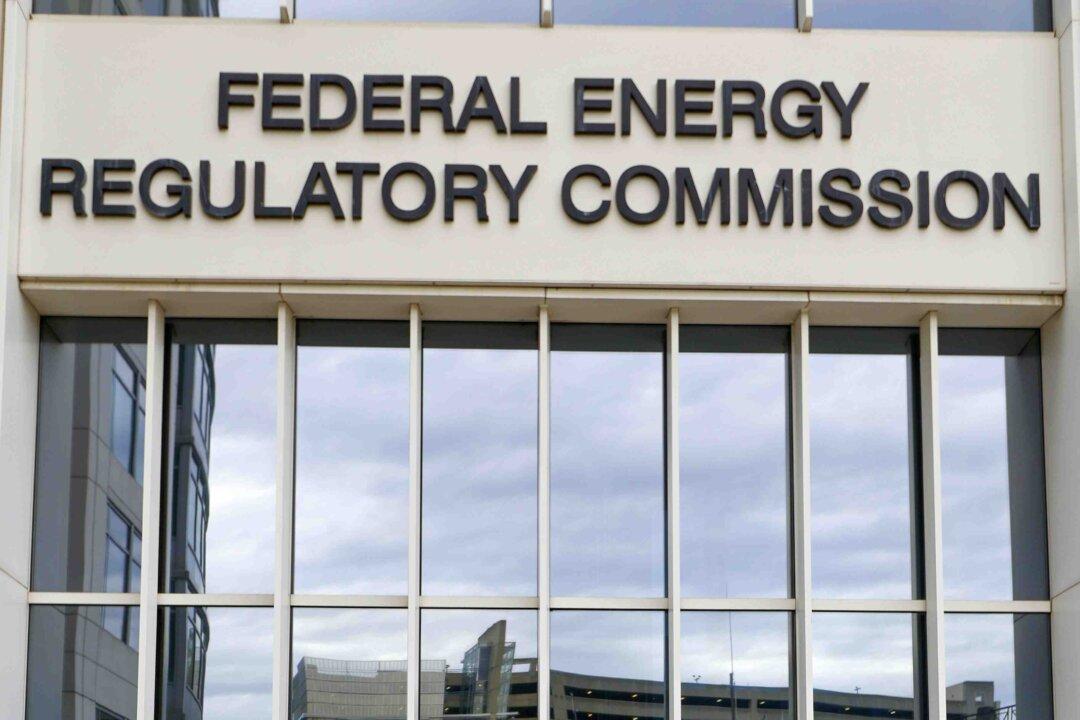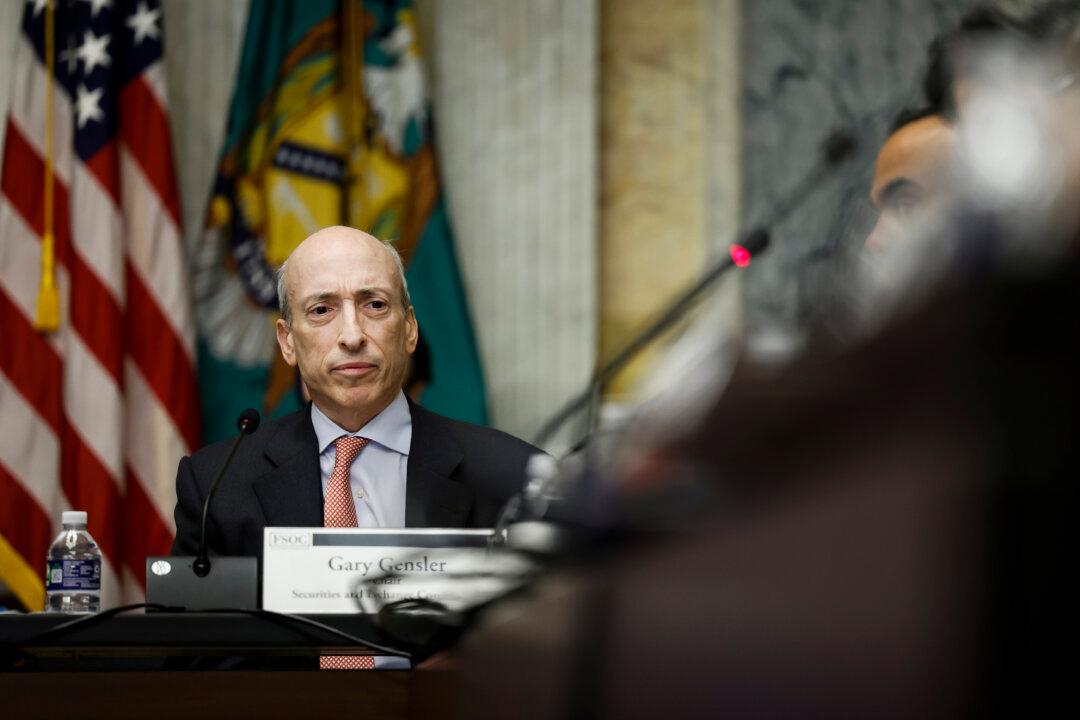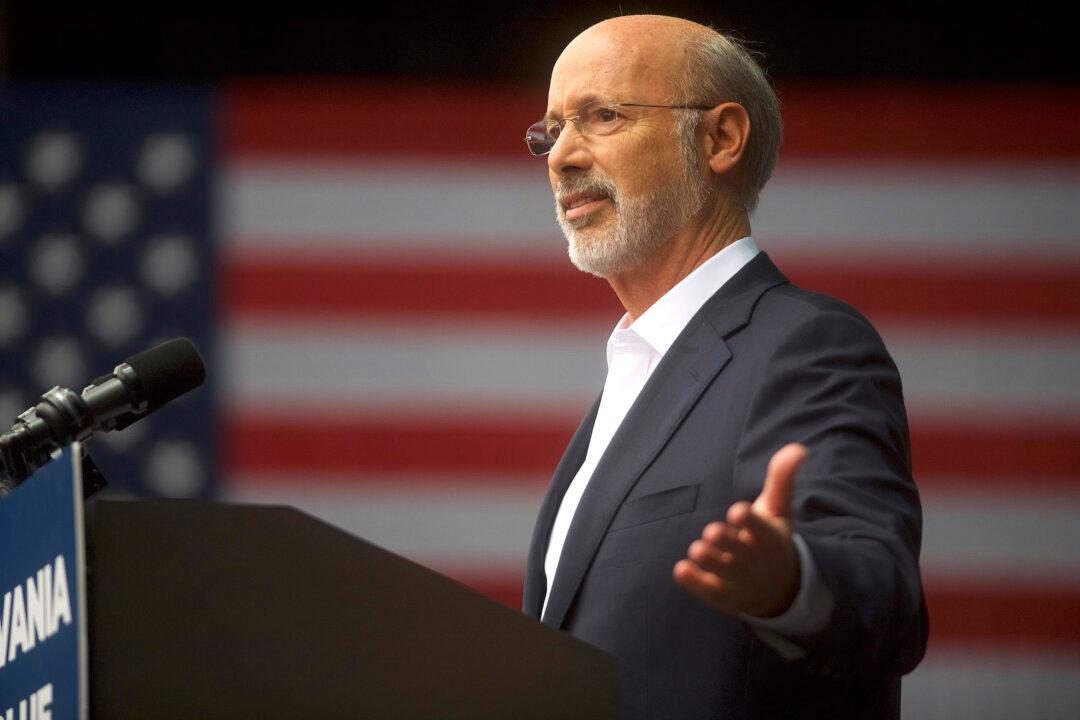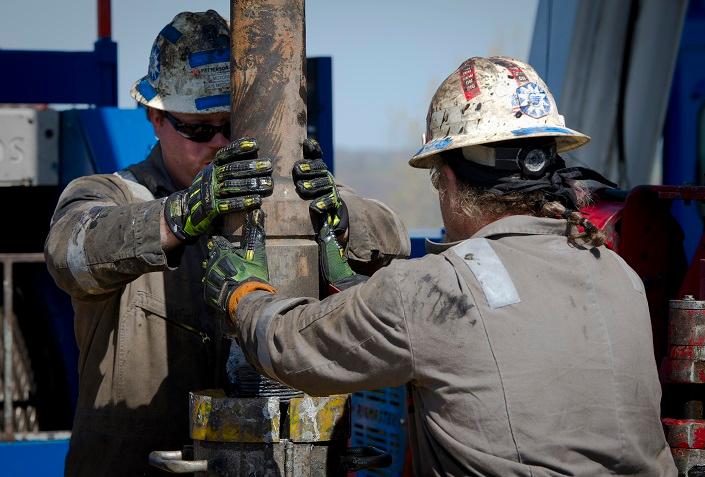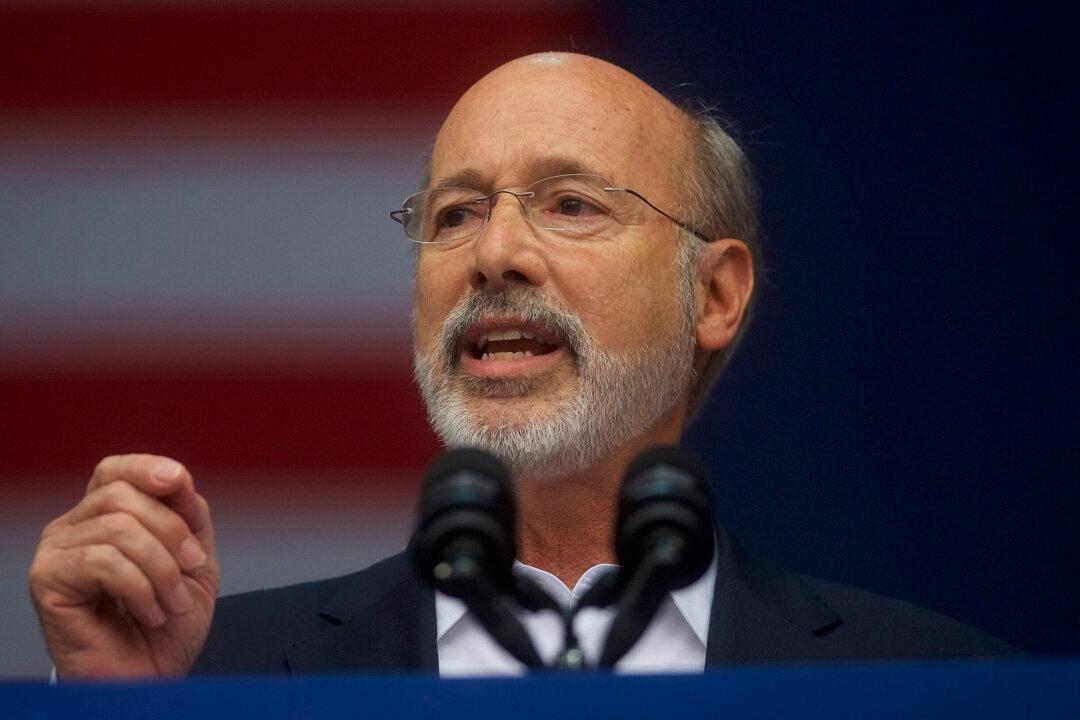Commentary
Go in search of official documentation naming who is charge of the Federal Energy Regulatory Commission (FERC) and those records will prove to be elusive. In fact, court filings show that at least until recently the commission itself claimed could not locate those records.
